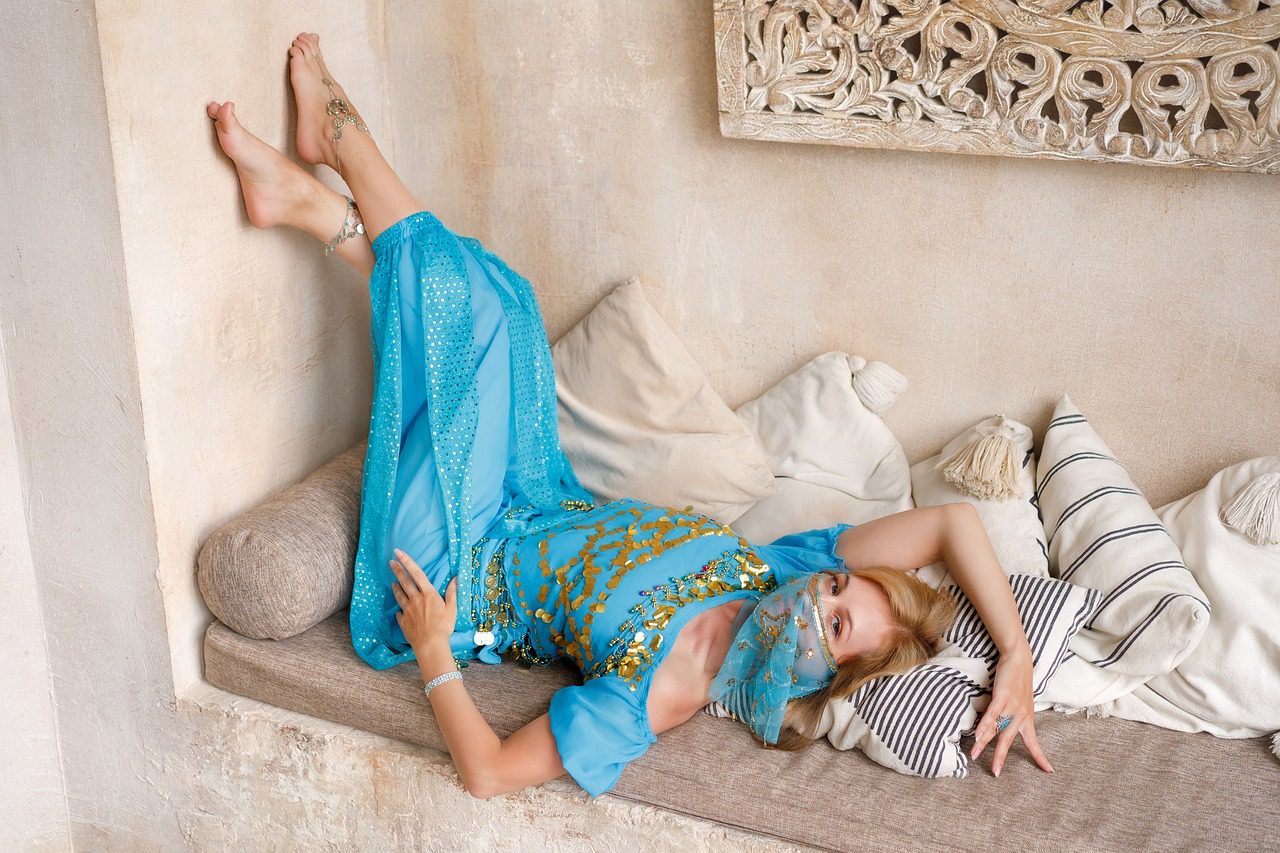
Introducing the Calendar of Events, Holidays and Historical Civic Dates of Morocco in 2023! Celebrations and Festivals
Morocco has a rich and diverse history, dating back to ancient times. The Phoenicians, Carthaginians, Romans, and Vandals all left their mark on the region, but it was the Berbers who established the first indigenous kingdom in Morocco around the 5th century BC. In the 7th century AD, the Arab-Islamic Conquest brought Islam and the Arabic language to Morocco, and it became a center of culture, learning and trade.
The Almoravid dynasty established their rule in the 11th century, followed by the Almohads in the 12th century. Marinid dynasty took the power in the 13th century and established Fez as their capital, which became one of the leading cultural and intellectual centers in the Islamic world.
In the late 19th and early 20th centuries, Morocco fell under French and Spanish colonial rule, which lasted until 1956 when Morocco gained independence. Since then, Morocco has been a constitutional monarchy, with the current King Mohammed VI, who ascended to the throne in 1999.
Throughout its history, Morocco has played a major role in the region and the wider world, and continues to be an important player in North Africa and the Middle East.
Public holidays 2023 Morocco
Morocco recognizes 09 public holidays per year, all of them on fixed dates. In addition, if the holiday falls on a weekend, it is celebrated on that day and not moved to another day, as is done in some countries.
January 1 – New Year’s Day (Ras l’ âm)
January 11 – Independence Day (Takdim watikat al-istiqlal)
1 May – Labor Day (Eid Ash-Shughl)
July 30 – Enthronement Day (Eid Al-Ârch)
August 14 – Loyalty Day (Oued Ed-Dahab)
20 August – Revolution of the King and the People (Thawrat al malik wa shâab)
August 21 – Youth Day (Eid Al Milad)
November 6 – Green March (Eid Al Massira Al Khadra)
18 November – Independence Day (Eid Al Istiqulal)
Religious Holidays 2023 Morocco
Since Islam is by far the dominant religion, all religious holidays are Islamic observances:
Muslim New Year (Muharram 1) – This day changes every year, as the Muslim calendar is based on lunar cycles.
Birth of the Prophet Muhammad (Rabi’ al-awwal) – This is celebrated in the third month of the Muslim calendar and is a day to celebrate the birth of the Prophet Muhammad. This day is different depending on the sect celebrating it: Sunnis believe it to be on the 12th and Shiites on the 17th of the month.
Eid ul-Fitr (Shawwaaiil) – A period of fasting that begins during the first 6 days of the month Shawwaaiil, excluding the first day of the month. It is usually celebrated at the end of Ramadan.
Eid ul-Adha (Dhu al-Hijjah 10) – It is known as the Feast of Sacrifice and celebrates the Prophet Ibrahim’s willingness to sacrifice his son at God’s command.
Ramadan is another very important religious observance for Muslims and encompasses the entire ninth month of the Muslim calendar.
During this period, Muslims must fast from dawn to dusk and refrain from many other activities. Certain exceptions are made for the sick, diabetics, travelers and others.
Some sects may celebrate the holidays at slightly different times and also for slightly longer, so it is not uncommon for some of the Eid days to be extended to cover 2 days instead of 1.
Festivals 2023 Morocco
Morocco is not well known for its festivals, but there are a few that are held regularly and are proving to be very popular with visitors to the country. Among them are:
Tanjazz. This is an internationally recognized jazz festival held every year in Tangier at the end of September.
Marrakech International Film Festival. This event, usually held in October, sometimes attracts well-known actors.
World Festival of Sacred Music. A week-long music festival held each year in Fez, usually in mid-June.
About Me
Perumira Global Talent Magazine is an international publication celebrating beauty, art, and empowerment through exclusive interviews with top models, beauty queens, and creative professionals from around the world. For over 11 years, Perumira has been a stage where talent meets inspiration — sharing authentic stories, achievements, and experiences that redefine success and elegance.
Founded with a passion for storytelling and cultural diversity, Perumira connects readers across continents, showcasing rising stars and established icons who lead with creativity, intelligence, and heart. From the glamour of global pageants and fashion runways to the voices of empowered women transforming industries, the magazine highlights authenticity, resilience, and purpose.
More than a magazine, Perumira is a global movement that promotes visibility, confidence, and innovation in every form of talent. With a growing English and Spanish audience, Perumira continues to inspire new generations to believe in their dreams, embrace their identity, and shine on their own stage — because every story deserves to be seen and celebrated.

























